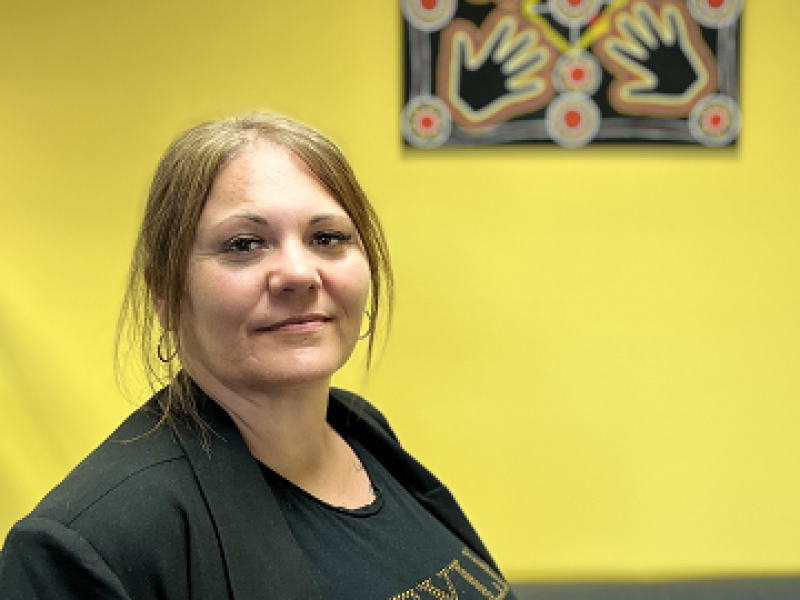Mind First Nations Lead Practitioner Trudy Sansbury says one reason many Aboriginal and Torres Strait Islander people don’t access mental health services is because they don’t know they exist.
Ms Sansbury, a proud Naraungga woman, mentors Mind staff in South Australia to better understand and meet the mental health support needs of Aboriginal and Torres Strait Islander people.
She says understanding cultural sensitivities is crucial for staff to foster connection and trust with Aboriginal and Torres Strait Islanders seeking support.
“When Aboriginal and Torres Strait Islander people do seek support, they don’t have the confidence to talk about personal things straight away – we’re talking about sensitive things that they just don’t know how to address openly.”
